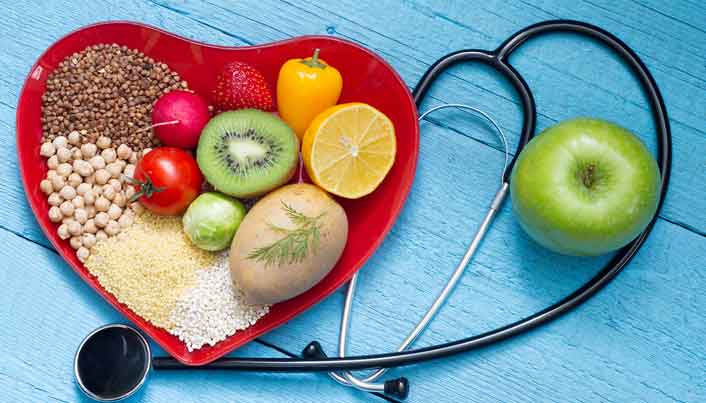You may wonder what supplement helps lower cholesterol and diabetes. Here are some options you should consider. Psyllium, red yeast rice, Phytosterols, and Glucosamine are all good choices. Each has a unique benefit. Learn which one is right for you. It’s important to know your cholesterol levels and your body’s response to them. Once you’ve identified your target cholesterol level, you can begin your quest to lower your risk of developing heart disease and diabetes.
Phytosterols

Phytosterols are bioactive compounds that are commonly found in plants and are believed to help reduce LDL cholesterol levels. Studies have shown that phytosterol intake can lower LDL cholesterol by up to 5%. Phytosterols are found in a variety of food products including nuts, seeds, and legumes. The recommended daily dose for phytosterols is 0.6 to 1.1 g.
Phytosterols are believed to lower LDL cholesterol and reduce the risk of developing atherosclerosis. However, there has been some pushback to the use of phytosterols in supplements. However, they aren’t a substitute for a healthy diet and may not be enough to prevent cardiovascular disease. If you suffer from high cholesterol or diabetes, speak to your healthcare provider.
Glucosamine
While it is possible to find a glucosamine supplement that lowers cholesterol and diabetes, you should remember that it may not work in all cases. It may increase your blood sugar level, which could interfere with your diabetes treatment. In addition, glucosamine may cause glaucoma. Pregnant women and those who have high blood pressure should avoid glucosamine. Some people with diabetes may experience gastrointestinal upset from taking glucosamine.
Glucosamine is an amino sugar found in seashells. It is also produced in laboratories. Glucosamine hydrochloride is one type of glucosamine. While it is important to know what type of glucosamine is in your diabetes supplement cheap, the following information will help you choose the best one. For example, glucosamine sulfate is best for OA symptoms. It is unlikely to help other conditions, however. Typical glucosamine dosages are between 1,500 mg and 3,000 mg per day.
Red yeast rice

Red yeast is a fungus produced from fermented rice. It is often used as a supplement for people with high cholesterol levels, and it has many other benefits. It can improve blood circulation and spleen and stomach health, and lower cholesterol levels in people with diabetes and high blood pressure. It can also help people with liver and heart disease without the use of alcohol. It is safe for most people.
It is important to follow the directions on the bottle when taking red yeast rice supplements. Always check the label and follow your healthcare provider’s advice. It is best to take the supplement in conjunction with a balanced diet. You should also avoid inhaling red yeast rice powder. Keep the supplement in a cool, dry place away from heat and moisture. You should avoid red yeast rice when pregnant or breastfeeding. There are no proven side effects associated with red yeast rice, but it may interact with medications.
Psyllium

A new study shows that a psyllium supplement can reduce levels of harmful LDL cholesterol in the bloodstream. The results of this study were based on 28 trials of people with high or normal cholesterol levels. A daily dose of 10 grams of psyllium husk reduced LDL cholesterol levels by 13 milligrams per deciliter and the non-HDL cholesterol levels dropped by the same amount. It also reduced the presence of ApoB, a molecule found in lipid particles.
Conclusion
The study also found that a psyllium supplement helps lower blood glucose levels in type 2 diabetes patients. It improved fasting blood glucose levels, a key measure of blood sugar control. The results were consistent across different time periods and continents. Despite the lack of evidence supporting this claim, the research suggests that a psyllium supplement may have a beneficial effect on people with type 2 diabetes.











 The Benefits of Weight Loss Supplements
The Benefits of Weight Loss Supplements